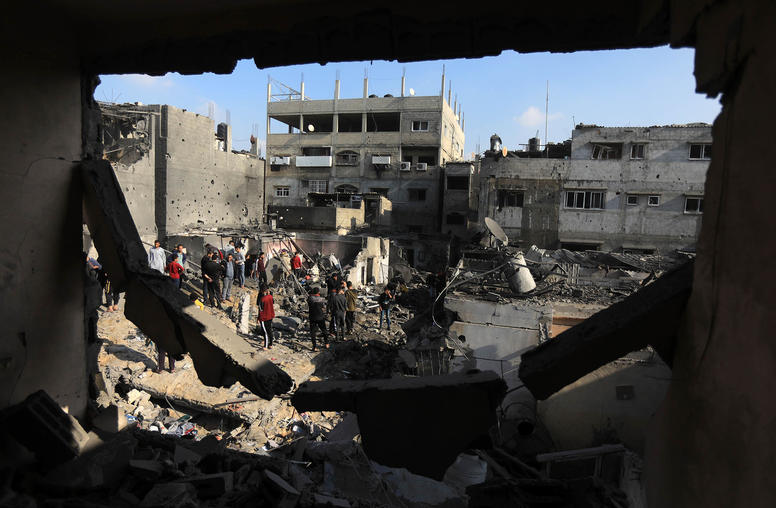Can Health Be a Bridge to Peace in the Israeli-Palestinian Conflict?
Can health interventions in regions of conflict advance the health needs of civilians while simultaneously fostering greater cooperation and contributing to a stable peace? This panel reviewed these questions in the context of the Israeli-Palestinian conflict, where a considerable number of efforts to foster cooperation in health have been undertaken.
Can health interventions in regions of conflict advance the health needs of civilians while simultaneously fostering greater regional cooperation and building stable peace? Such initiatives have ranged from cease-fires for immunization campaigns to joint efforts to control infectious disease. More than 20 years ago the World Health Organization established a program called Health as a Bridge to Peace to foster initiatives in the field. With the exception of a handful of academic programs, however, attention to the idea has waned. The WHO’s website, for example, contains only a handful of entries during the past decade, and few evaluations of whether "Bridge to Peace" programs achieve their objectives have been conducted.
This panel reviewed these questions in the context of the Israeli-Palestinian conflict, where a considerable number of efforts to foster cooperation in health have been undertaken. At the same time, however, the intractable political issues and the increasing difficulty of travel between Israel and the West B render such initiatives complex. Additionally, questions were discussed about the degree to which these health programs can contribute significantly to a stable peace. The panelists addressed the potential and limitations of “peace through health” initiatives in the region and beyond.
Speakers
- Rear Admiral Susan Blumenthal, MD, MPA
Director, Health and Medicine Program, Center for the Study of the Presidency and Congress - C. Ross Anthony, Ph.D
Director for Global Health, Co-Director of the Center for Domestic and International Health Security (CDIHS),
and Director of Palestine Initiative, RAND - Norbert Goldfield, MD
Executive Director, Healing Across the Divides - Leonard Rubenstein, JD, LLM, Moderator
Director, Health and Peacebuilding Working Group, U.S. Institute of Peace
Archived Audio



